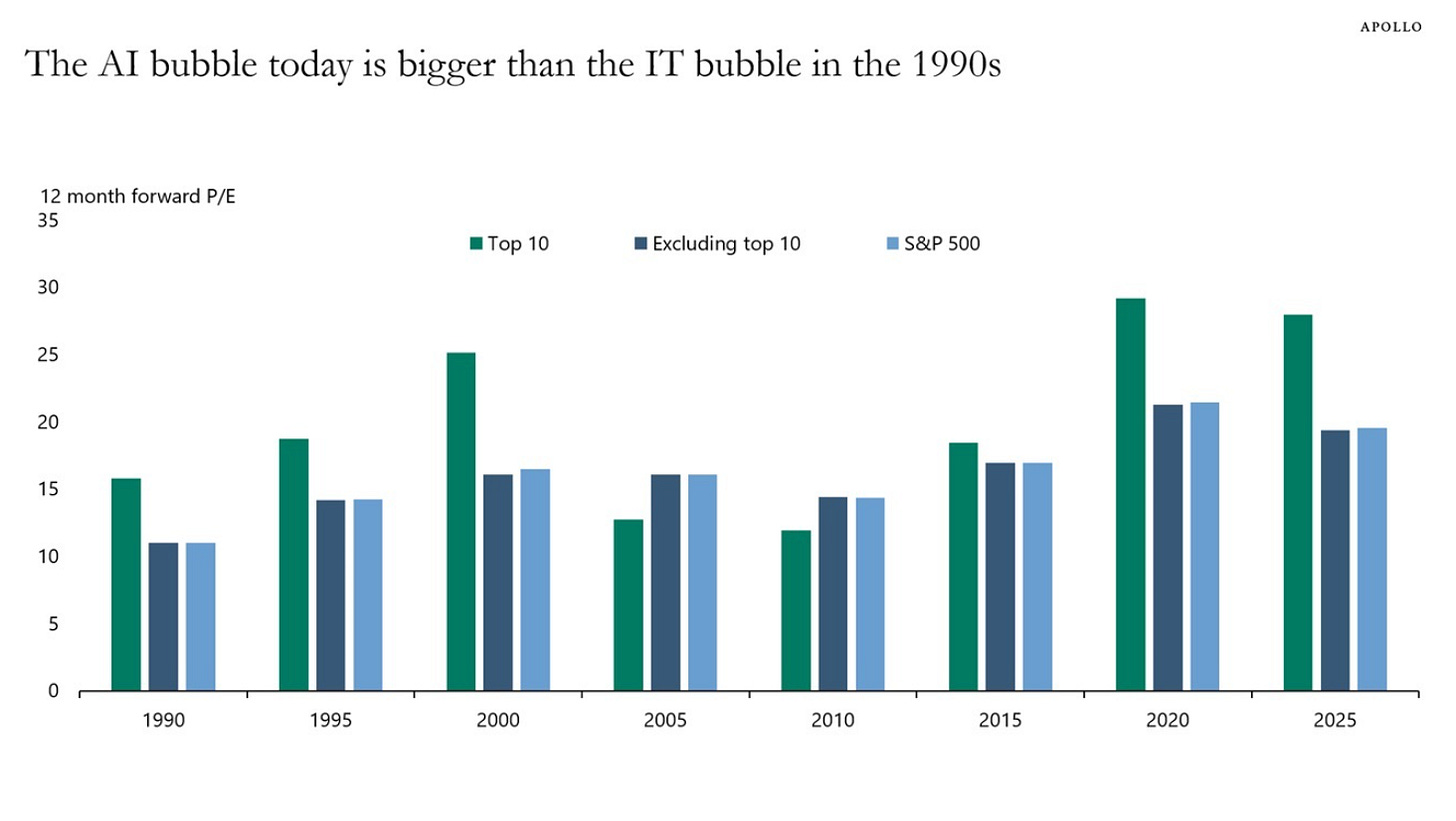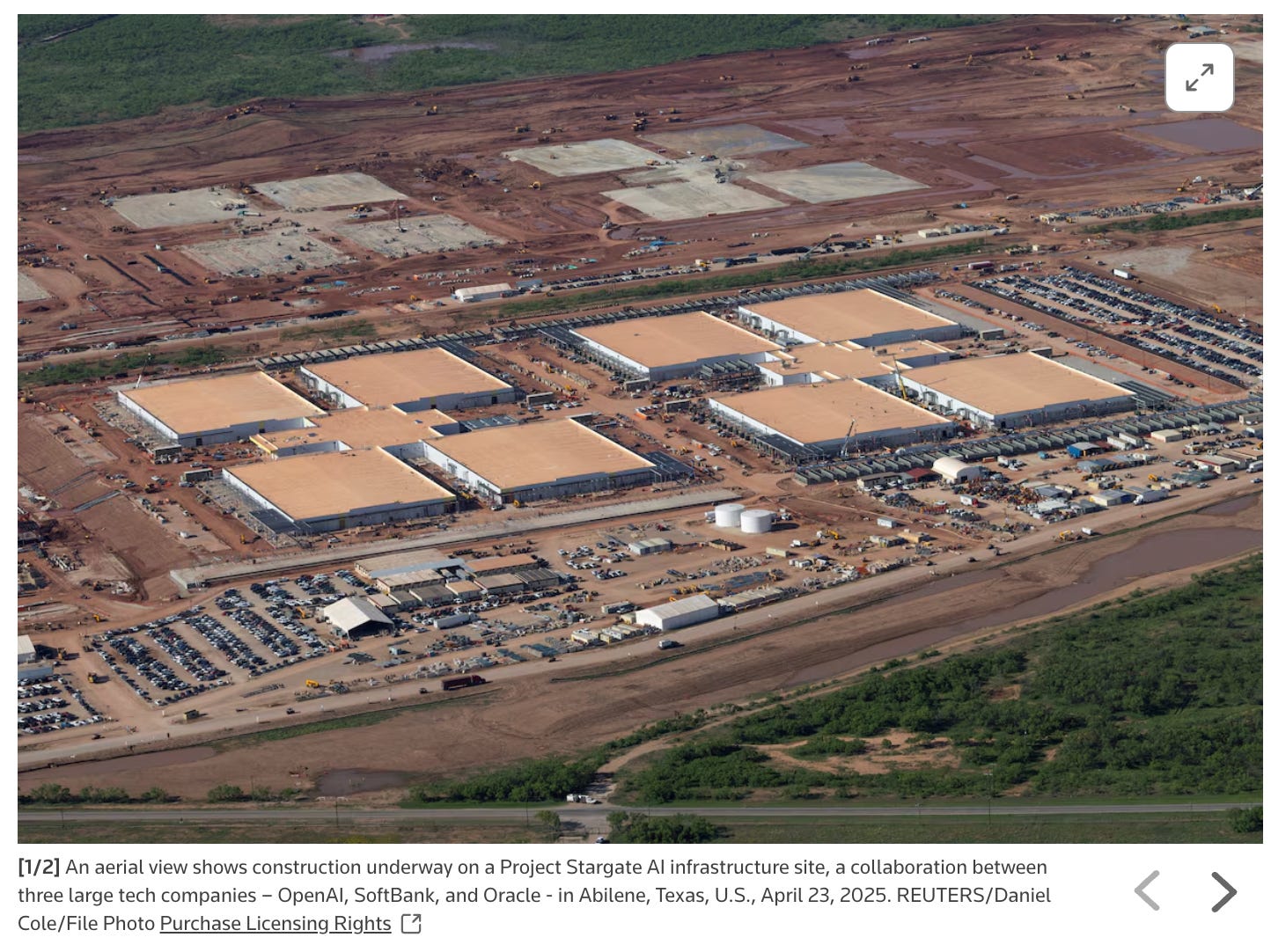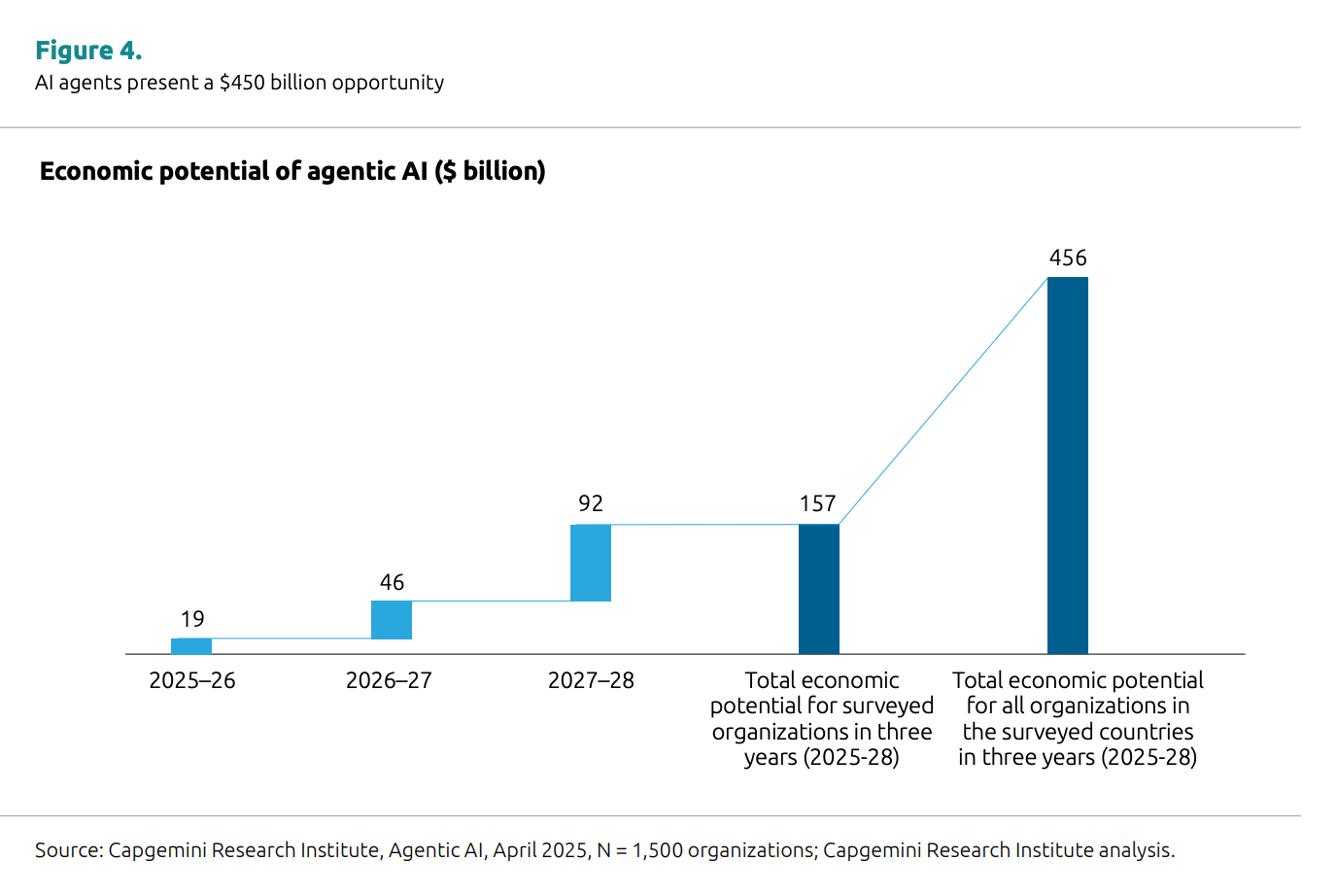The Billion-dollar Bet on Quality over Hype
Also: Anthropic researchers pin down the "overthinking problem"; and ChatGPT users send 2.5B prompts every day.
Quality beats brute-force slop, says Edwin Chen, the founder of data-labeling company Surge AI, which reportedly made over $1B in revenue last year, without raising a single dollar of funding. It beats out their closest, and much more famous, rival, Scale AI, who makes about $850M revenue every year.
In a rare interview, he shared more on his approach with a story about his time at Twitter trying to build a sentiment analysis model. Seems easy right? You go through 10,000 tweets and mark them positive or negative.
But humans, it turns out, are much more nuanced than that. The original labelers they hired couldn’t quite grok the cultural subtexts of slang in the tweets. The labeling was offbeat, which rendered the model useless.
And that delta between quality and the slop of mediocrity that I believe will come deafeningly into play over the next few years. When it becomes easier to ship, the bar for quality will be raised overall.
The Download —
The news that mattered
ChatGPT users send over 2.5 billion prompts every day (The Verge)
OpenAI’s ChatGPT sees more than 2.5 billion requests daily, with 330 million from users based in the US, according to data obtained by Axios. This is about 18% of Google search traffic, which is about 5 trillion a year.
The current AI bubble may be worse than the dot-com bubble of the late 1990s.(Apollo)
“In 1999, the internet was real. It did change everything. But that fact did not stop investors from wildly overpaying for companies that could not deliver on the hype,” cautioned Apollo's chief economist, Torsten Slok. The difference between the IT bubble in the 1990s and the AI bubble today is that the top 10 companies in the S&P 500 today are more overvalued than they were in the 1990s.”
OpenAI, Oracle deepen AI data center push with 4.5G gigawatt Stargate expansion (Reuters)
This builds on the initial $500B Stargate partnership between OpenAI and SoftBank, though reports say that the two companies have been at odds with each other and that Stargate is now setting a more modest goal of building a small data center at end-2025, likely in Ohio.
AI agents can generate $450 billion by 2028 (CapGemini)
According to a Capgemini report, agentic AI is a $450 million opportunity through revenue growth and cost savings. While adoption is accelerating, maturity remains low: Only 2% of organizations have deployed AI agents at scale, 12% at partial scale, 23% have launched pilots, and 61% are exploring deployment.
Anthropic researchers discover the weird AI problem: Why thinking longer makes models dumber (Anthropic)
A new study from Anthropic identifies “inverse scaling in test-time compute,” where extending the reasoning length of large language models can decrease accuracy instead of increasing it.
Alibaba released Qwen3-Coder, their most powerful open source code model to date (Alibaba) The 480B-parameter Mixture-of-Experts model achieves top-tier performance across multiple agentic coding benchmarks among open models. Alongside the model, they’ve also released an open source CLI for agentci coding, Qwen Code.





